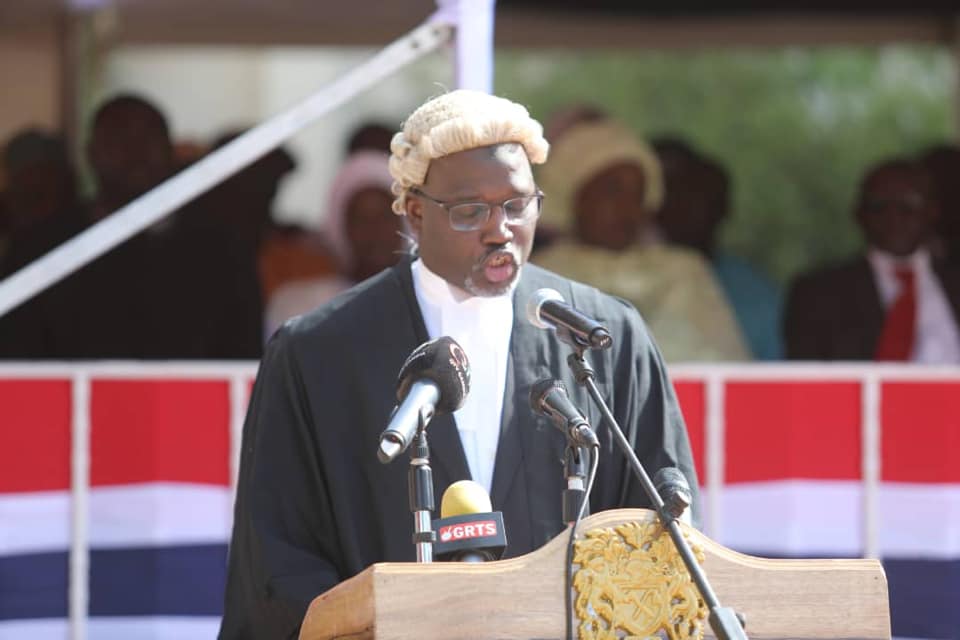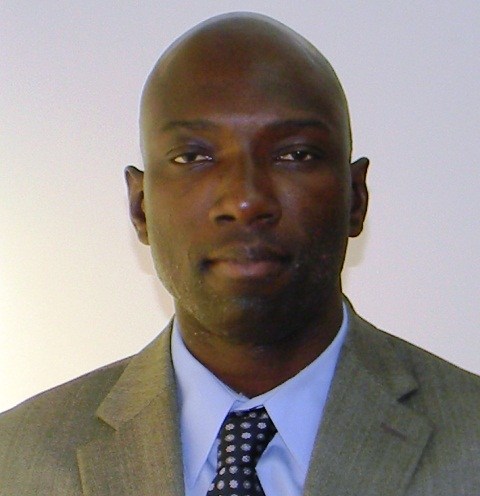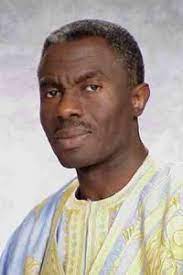Dr. Ousman Gajigo
At its core, participatory democracy is the idea that every citizen has a voice and this is most prominently articulated through the election of representatives. No particular citizen’s voice is delegitimized by the circumstances of their birth or their social-economic status or gender, at least in this age. From this fundamental belief, the leadership in a democracy derives its legitimacy and mandate.
While this concept is undeniably beautiful, our implementation of it quickly makes it lose its luster. Instead of orderly deciding on society’s needs not only in the short term but the long term, what we witness instead is often a raucous battle of competing preferences. These displays are marked by high inequalities in terms of not only whose needs are addressed but also those who get to influence outcomes.
However, this discrepancy between what we conceive and what actually takes place is something we do not always confront because, most of the time, the voices of the vast majority of electorates, while regularly expressed at polls, can be muted. Muted in the sense that elected officials do not have to actually interact with and communicate directly with most individual voters.
In the choreographed political arena that is the campaign rallies, only the candidates and selected officials have access to bullhorns. The voters who make the rallies happen serve mainly as backdrops, with the individual faces and voices melting into a maelstrom of background noises that entertainingly punctuate the pronouncements by the anointed speakers.
When one dares to actually listen to many of the thoughts and utterances of the average citizen or voter, quite often they recoil. For the average voter is a real individual with all his/her imperfections who is more often moved by base desires rather than adherence to high principles.
Rather than being primarily concerned by issues that can be addressed by coherent set of policies, one is often confronted by irreconcilable preferences, which are often driven by petty grievances.
The advent of social media and its interaction with participatory democracy has now made it impossible to ignore this uncomfortable reality. Whereas in a political rally only the carefully screened and pre-approved officials are allowed on stage and given the privilege to talk to the masses, social media platforms such as Facebook, WhatsApp and other applications have enabled every individual to have their own podium. The uncomfortable truth that many cannot face is that this development is democracy that is truly democratized.
For in this reality, we finally stop paying lip services to the idea that everyone has a voice and truly give everyone both the freedom and the means to broadcast their thoughts in all its imperfect glory.
The resulting cacophony is a rude shock only because we fail to appreciate that “out of the crooked timber of humanity, no straight thing was ever made”, as Kant observed a couple of centuries ago.
The fact that not every single person on social media has something substantive to contribute is no more a blot on social media than it is for democracy to have the multitude of opportunist politicians lining their own pockets at the expense of voters. To blame social media because of some miscreants would be akin to blaming God for creating imperfect human beings.
The reality is that the presence of some blowhards broadcasting nonsense on their daily podcast is the price we pay to allow a greater number of people to meaningfully participate in the political discourse of our country. For anyone that truly appreciates democracy, this is indeed a small price to pay.
Lately, President Barrow and his senior government officials have taken to bemoaning the purported problems with social media. This reached a comical level when the recently nominated national assembly member (NAM), Foday Gassama, actually declared last week that the government should censor social media. In his haste to demonstrate to President Barrow that he would slavishly support the president irrespective of principle or truth, he even pointed to China as a good example of how social media should be muzzled.
One should probably not read too much into the utterances of a politician who is desperate to demonstrate how sycophantic he will be to the president, unlike the more capable NAM he replaced.
Yet, one cannot help but wonder how compromised is Mr. Gassama moral sense if he is not ashamed in waxing nostalgic about repressive policies that Jammeh used in suppressing all dissent.
Politicians like Gassama who bemoan social media are afraid of its democratizing power and the potential it has to hold them accountable. Since Foday Gassama is elected by only one man (Adama Barrow), he obviously does not want to be accountable to a large number of voters. While this may be convenient for Mr. Gassama, it should not work for the new Gambia.
Without citizens having the direct means to communicate, the government will have complete monopoly on what gets broadcasted and which particular voices deserve to be heard. With this new technology, ordinary citizens can easily spot and expose propaganda.
The bar for putting the wool over the collective eyes of the electorate has now been permanently raised. This is the source of the principle ire of politicians that detest social media.
It is no secret that President Barrow has taken a liking to some of Jammeh’s policies. We all know that Jammeh blocked some newspapers and WhatsApp. I certainly hope that Foday Gassama’s pronouncement about muzzling social media is not a prelude to cracking down on criticisms the government considers inconvenient.
The day that starts to happen is the day we must all head to streets and let President Barrow know: Never Again! The freedom of expression we now enjoy is not a gift from President Barrow the person or his government.
That freedom, together with the election of Barrow’s government, are the products of Gambian citizens exercising their power when we decided to kick Jammeh out of power. The ability to criticize the government, even if some of them are unfounded, is part and parcel of that right we have earned.
It must be acknowledged that there are voices in social media, that while not engaging in outright illegal activities, are disruptive in negative ways. However, to muzzle such individuals by disabling the platforms they use is the wrong way to address this problem because it leads to a slippery slope of silencing even legitimate but inconvenient voices.
I believe a more productive way is to increase the ratio of substance by encouraging the participation of those with something worthwhile to contribute. There is something to the saying that: “the only thing necessary for the triumph of evil is for good men to do nothing.”
Ousman Gajigo is an economist. He has held positions with the African Development Bank, the UN, the World Bank and Columbia University. He holds a PhD in development economics. He is currently an international consultant and also runs a farm in The Gambia.





